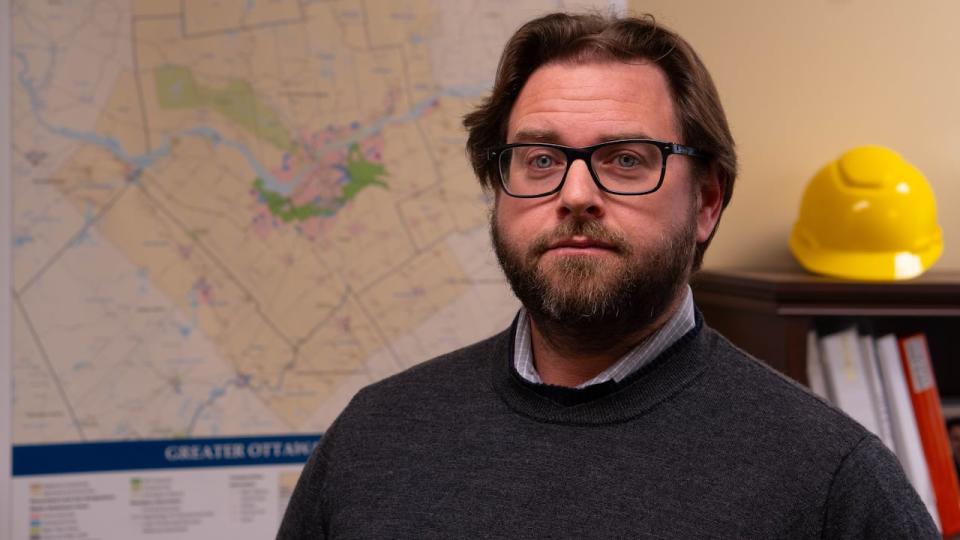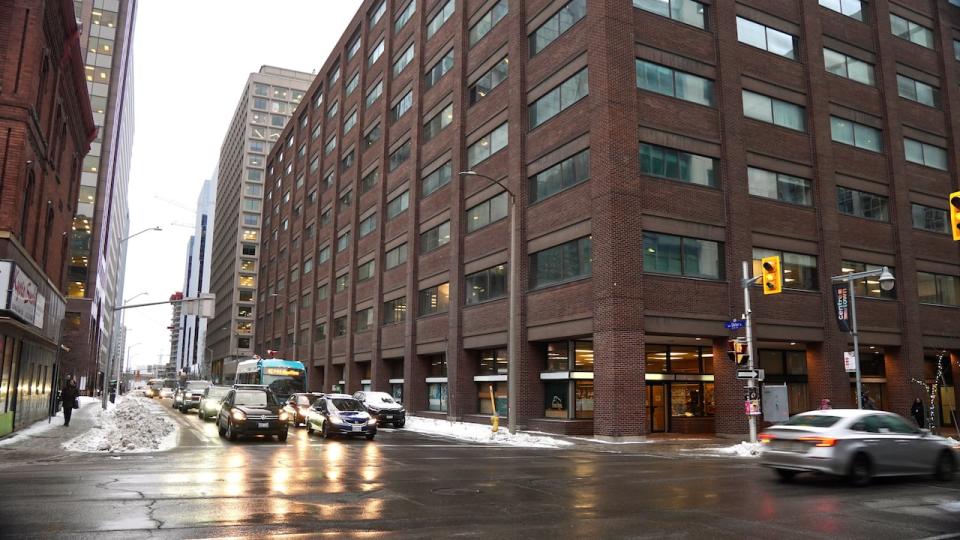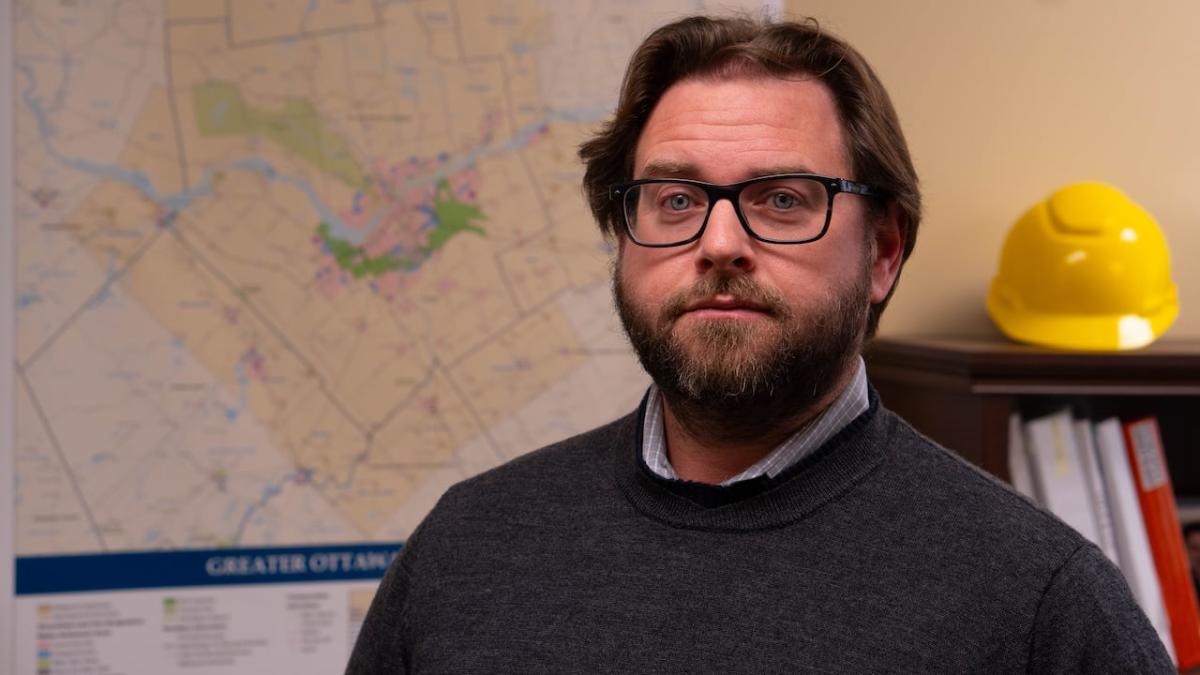
Some advocates and developers in Ottawa are hopeful a new strategy to lease underused government-owned land for new builds could help address the city’s housing crisis.
The strategy is one of many initiatives federal Housing Minister Sean Fraser announced Friday when he unveiled Canada’s Housing Plan.
“Where the public interest demands maintaining ownership of public land, the federal government will maintain ownership,” Fraser said. “But [we will] make land available through long-term leases to ensure that land can be used for housing.”
Jason Burggraaf, the executive director of the Greater Ottawa Home Builders’ Association, said he welcomes the idea.
“Governments at all levels and the feds have been talking forever about using their holdings and using public lands for more affordable housing,” said Burggraaf.
But he anticipates delays when it comes to getting shovels in the ground.
“They’re not going to be buildable right away,” he said. “A lot [of those lands] are probably going to require some sort of cleanup and environmental remediation.”
It would be faster, he added, for developers to purchase vacant federal buildings and convert them into housing.


Somerset Coun. Ariel Troster says she’s been left ‘in the dark’ on the federal government’s plans to unload two buildings in her downtown Ottawa ward. (Jean Delisle/CBC)
Last May, Public Services and Procurement Canada released a list of 10 properties in Ottawa-Gatineau it’s looking to unload.
Two of those properties — the Esplanade Laurier and the Jackson Building — are in Somerset Coun. Ariel Troster’s ward.
Troster told CBC she was disappointed the latest housing plan didn’t come with an update on that process.
“To be honest, we’ve been very much in the dark about what’s going to happen with the disposal of those buildings,” she said.
“My understanding is that disposal of federal buildings is a process that can take years … we don’t have years. The crisis is now.”


The Jackson Building, at right, is seen from the intersection of Bank and Slater streets in downtown Ottawa on Jan. 11, 2024. (Patrick Louiseize/CBC)
Kitchissippi Coun. Jeff Leiper, who also chairs Ottawa’s planning and housing committee, echoed Troster’s remarks on the urgency of building more affordable housing.
“We are all impatient for land to be available upon which to build,” Leiper said.
Overall, the announcement is good news, Leiper said, but he added questions remain, like how long the duration of the leases will be.
More funding for non-profit housing
Troster also said she was pleased to see more funding in the plan for affordable non-profit housing, adding that she sees “a lot of potential” in the new public land leasing strategy.
“Housing co-ops [and] non-profits … may not have the budget to buy a very large swath of land, but they may have the ability to lease it and to develop it,” she said.
“As long as the federal government is committed to ensuring that it remains there for permanently affordable housing, that could be an innovative solution.”
Kaite Burkholder Harris, executive director of the Alliance to End Homelessness, agrees.
The alliance advocated for the City of Ottawa to do the same with unused parcels of land along LRT lines in a report last year.
“I think that the land conversation is really starting to take off, which is exciting,” she said.
“I’m hopeful that, with the report that we produced at the alliance, [we] kickstarted a serious discussion at the city level and that’s absolutely become part of the city’s plan moving forward.”
The federal government’s new housing strategy also makes it clear that they will work with governments at all levels to ensure all public land not in use will be available for housing projects.
But Burkholder Harris said she also wants them to commit to leasing to non-profits and “not just the private sector.”
More details of the government’s plans for public lands will be unveiled in the federal budget on April 16.

